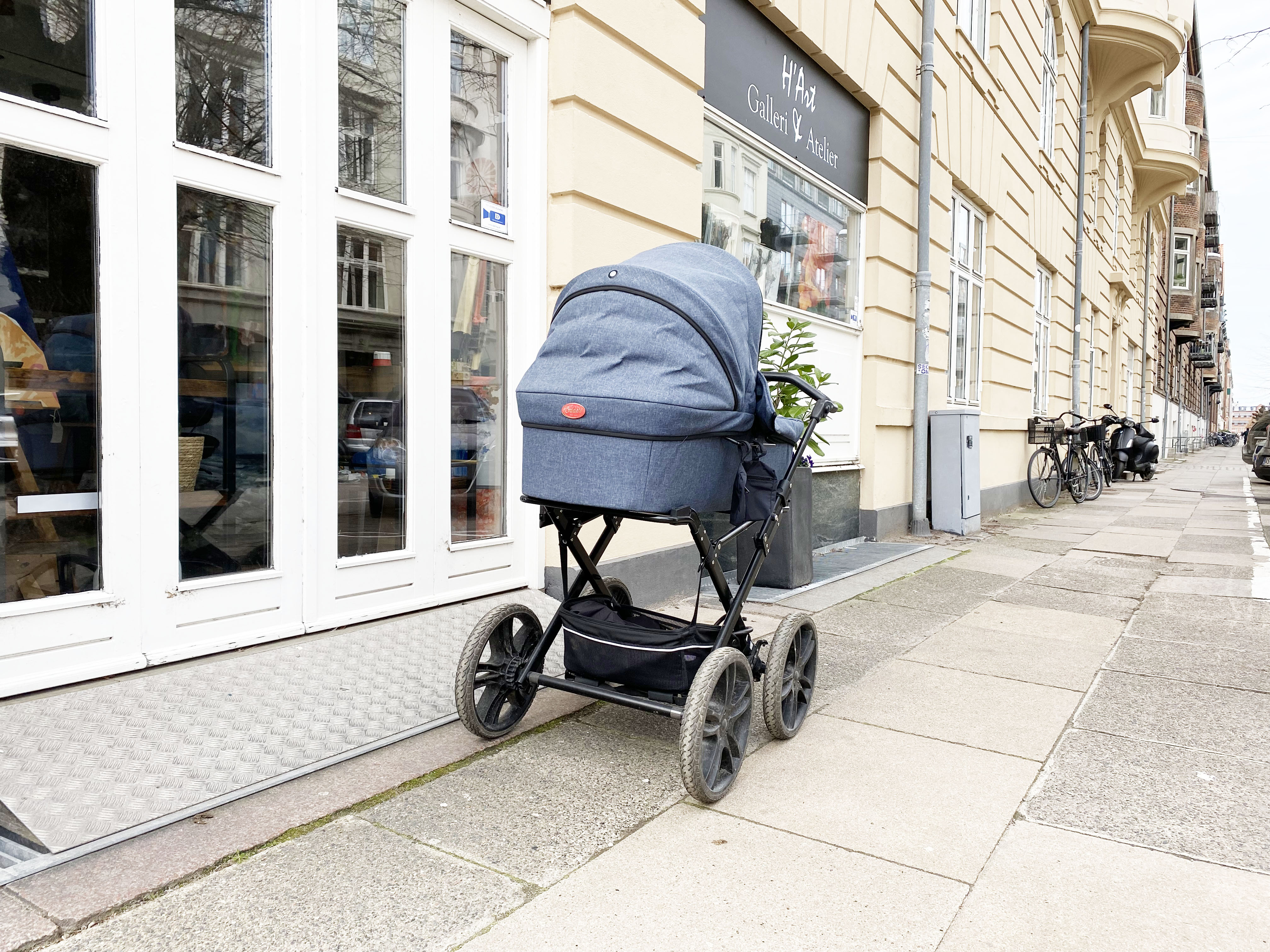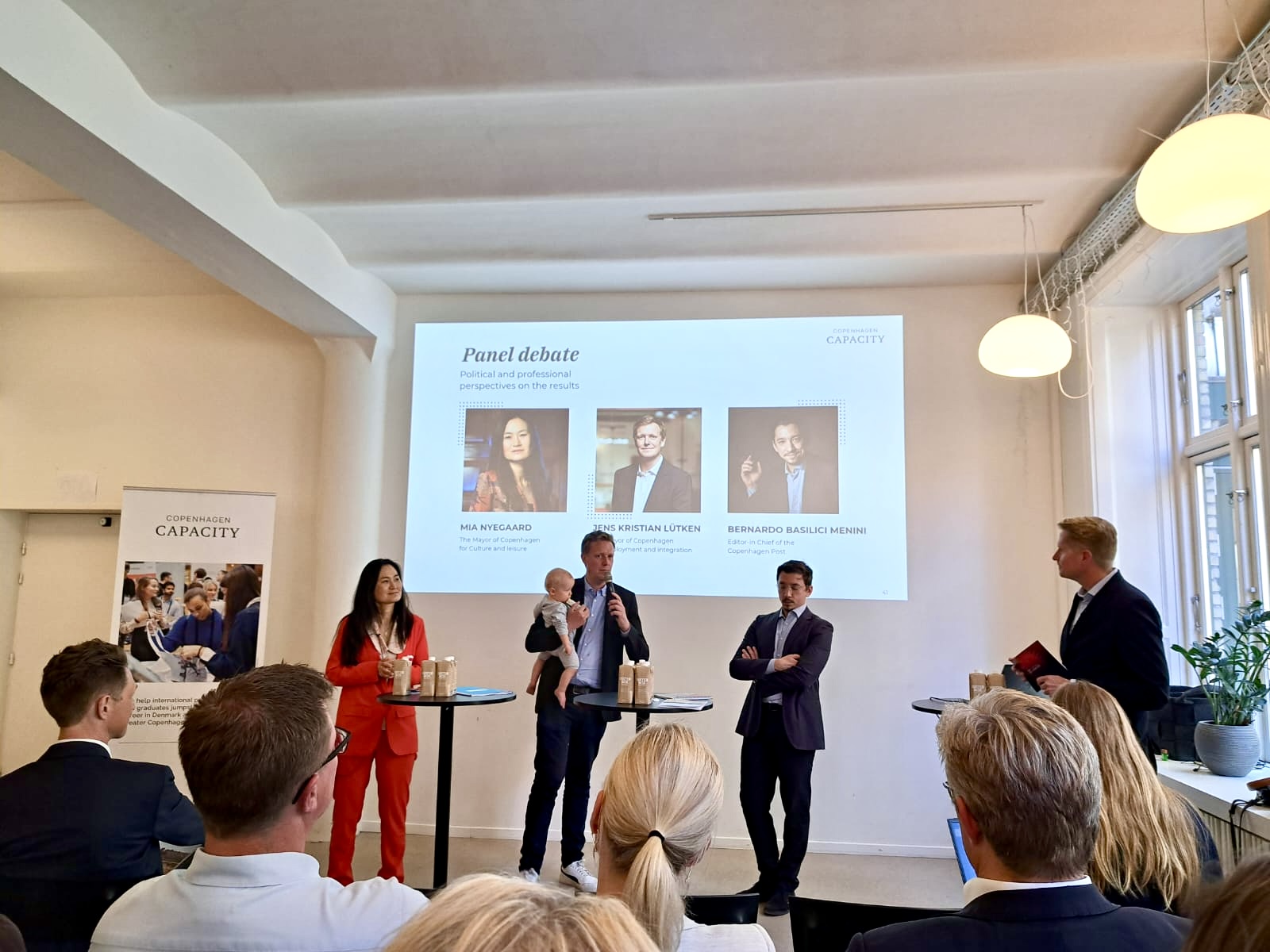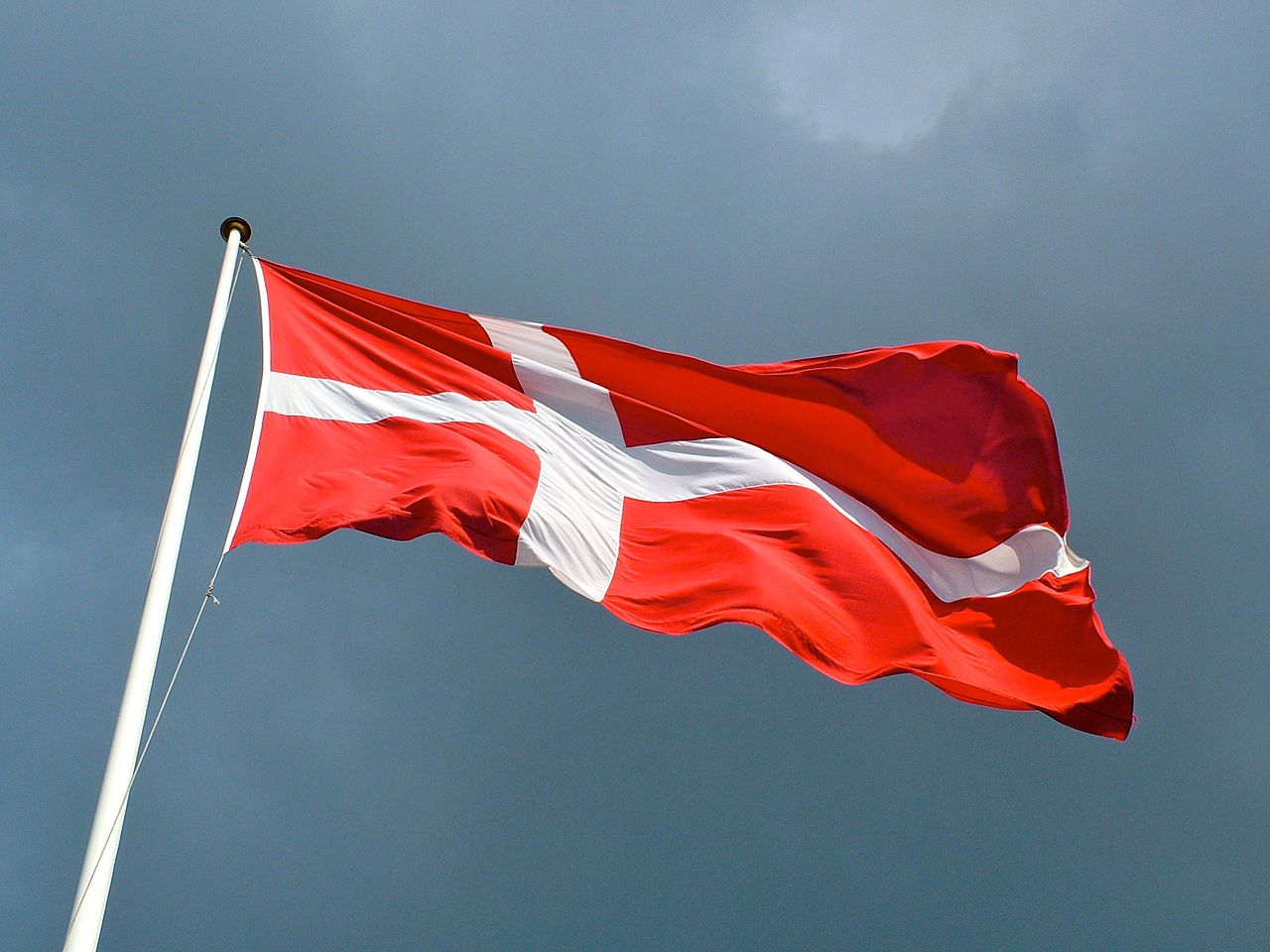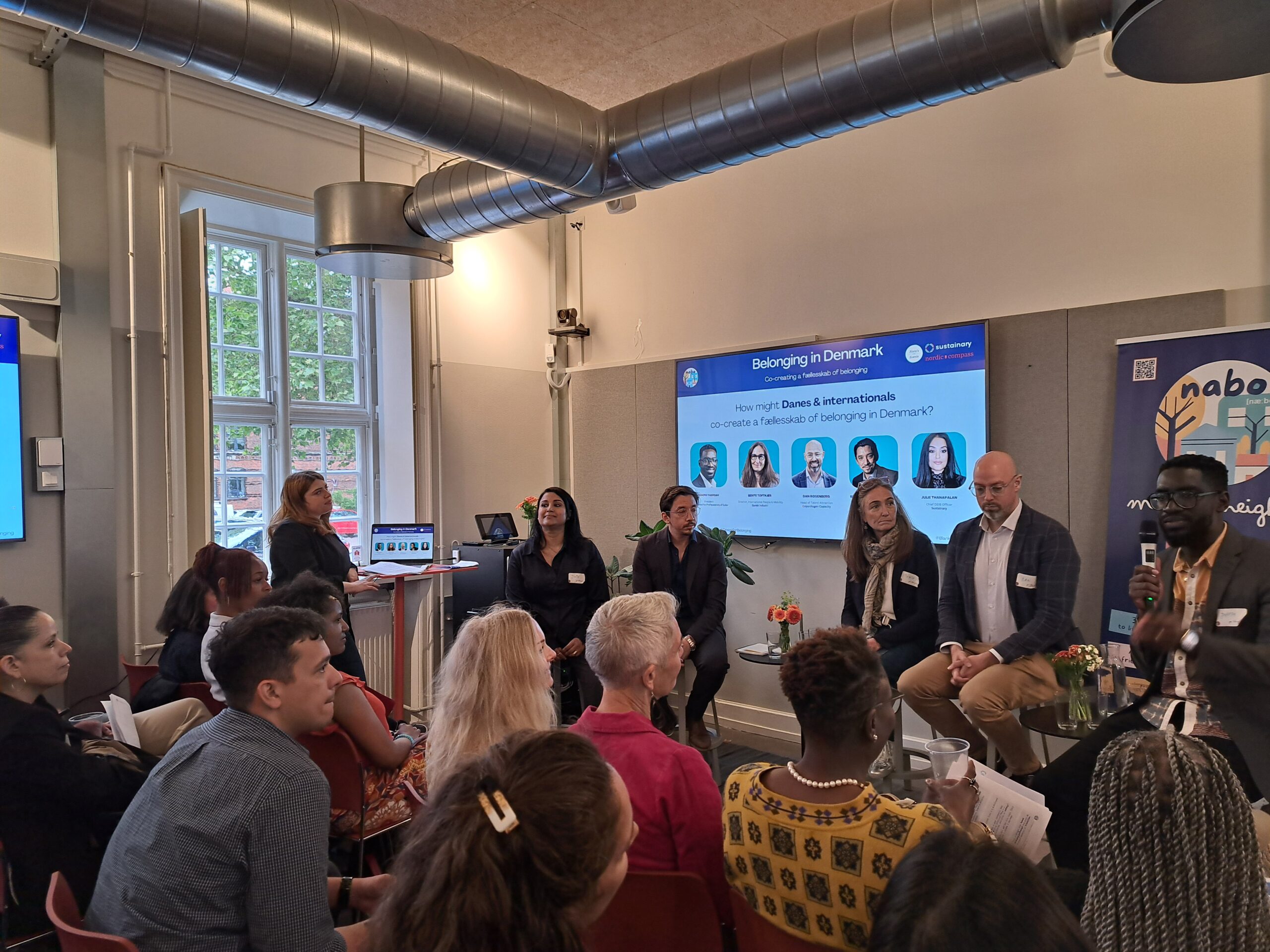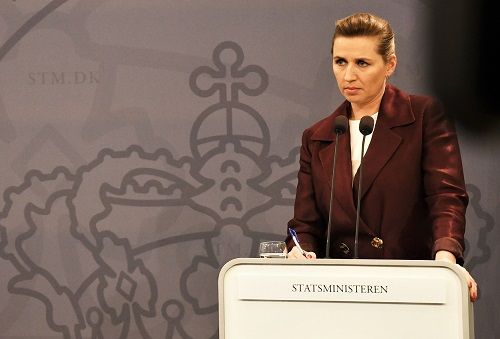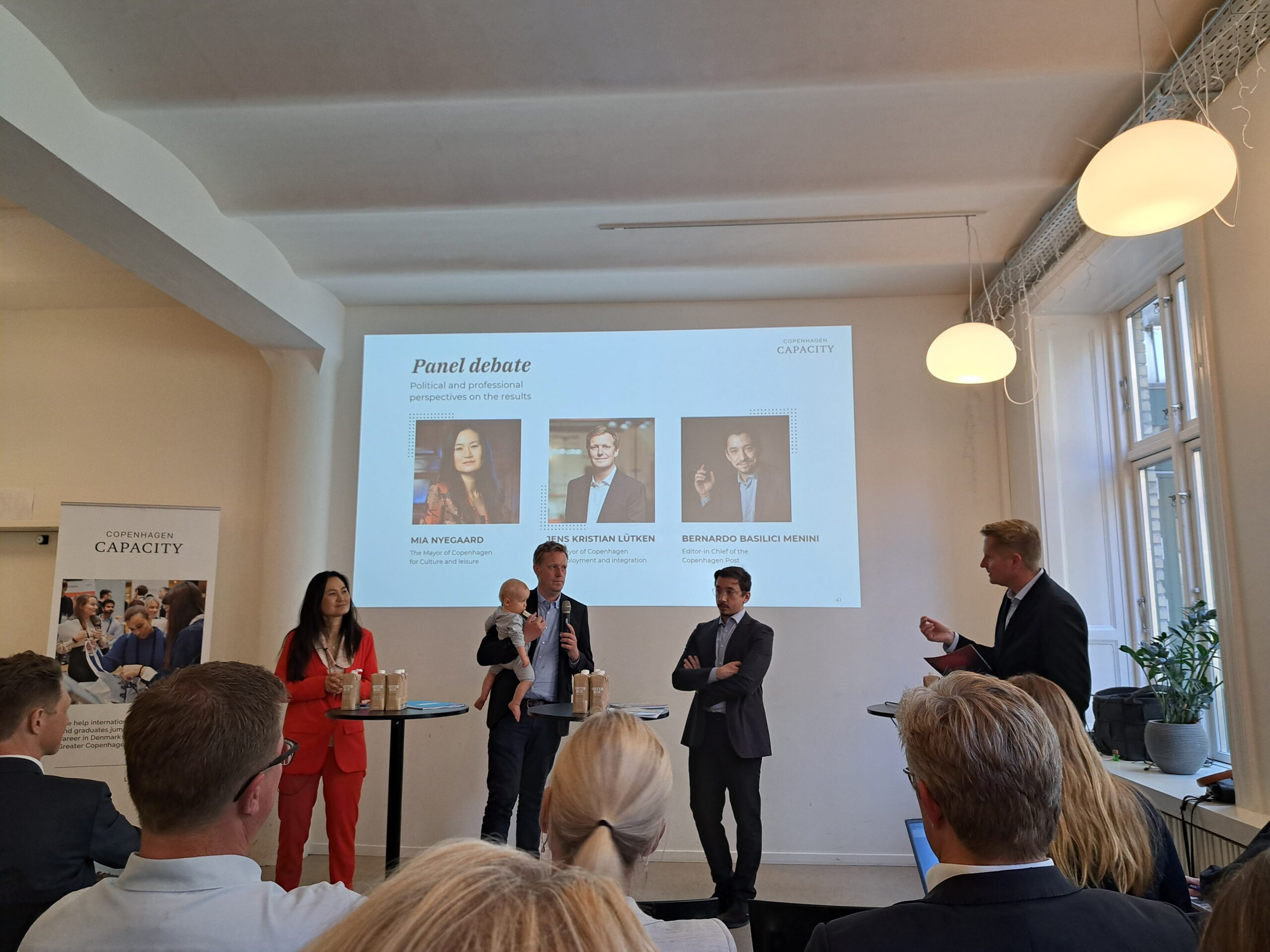Peculiar cultures and traditions exist throughout the world, often baffling those initially exposed to them.
Smashing dishes at wedding showers in Germany, monkey buffets in Thailand and cracking people over the head with coconuts in India are but a few examples.
Denmark has its own fair share of traditions and cultural aberrations that can leave newcomers perplexed in mouth-gaping disbelief.
Indeed, over the years many internationals have likely wondered why the Danes douse one another with cinnamon, guzzle beers on trucks when finishing school or seem to have an almost fanatical aversion to curtains.
Silence of the prams
But perhaps what surprises expats the most upon arrival is the Danish inclination to leave their children sleeping alone in prams outside … even during the freezing winter months.
It might appear surreal to encounter throngs of prams parked outside daycare institutions, in front of cafes or in communal backyards.
Prams cost thousands of kroner these days – not to mention the priceless assets napping inside – and to the outsider, leaving them unattended could invite some sort of disaster scenario.
But according to Gert Tinggaard Svendsen, a professor at Aarhus University and author of ‘Trust’, there is a very good reason for why that doesn’t happen.
“Leaving one’s child out like that represents the strongest expression of trust, and the Danes are world champions when it comes to trust,” says Svendsen.
“And that’s a big advantage because it makes life much easier. That relates to putting prams outside, unmanned shop stalls in rural areas and the Danish welfare system in general. Here, everyday life is lubricated by a higher level of trust.”
There are ample figures to support those claims.
A recent survey revealed that 77 percent of Danes said they trusted one another – the highest rate in the world. High levels were also registered in the other Nordic countries.
Svendsen explains that Danes trust that most people will find a way to contribute, so we can all access social benefits like health care and education.
The few who fail to live up to that are looked down upon with disdain. As Svendsen puts it, it’s kind of a handshake culture. Their word is their bond.
From warriors to no worries
And that bond is steeped in historical context, linking back to the times when the Danes marauded across much of Europe as Vikings.
Svendsen says that because the vast majority of people couldn’t read or write at the time, it was crucial to the survival of the various groups that they could rely on the word of others.
And as power became increasingly centralised under the rule of King Harald ‘Bluetooth’, the development of the rule of law meant that more trust began creeping into society as trusting strangers began to become beneficial – like in trade.
“When deals were made, they were sealed by one’s word. There were no written contracts. So that’s one possible explanation for why the Danes got on this path of social control and more verbal tradition instead of writing everything down.”
Svendsen says that some people describe it as being naive. But he maintains that the Danes are naive because it pays to be naive.
“There is money in trust,” he says.
Something rotten in the Empire State
But while the Danes are well known for a multitude of exports, not all of their elements of trust go down smoothly abroad.
For instance there is the famous story of Anette Sørensen Habel – the Danish woman who spent 36 hours in police custody in 1997 for leaving her baby unattended to sleep in a pram in front of a New York City cafe.
Cafe guests and staff reported her to the police, who arrested Habel and accused her of neglecting her child.
The police refused to believe her plea that it was standard procedure in Denmark to leave your kid to sleep in a pram on the street.
Habel’s one-year-old daughter was put in foster care and wasn’t reunited with her mother for four days. Habel sued the city of New York for 135 million kroner, but lost the case when a judge ruled that the police had acted lawfully.
Good for happiness, business and babies
Back across the pond, the high level of trust in Denmark is also one of the reasons why the country consistently ranks among the happiest countries in the world, contends Svendsen.
He argues that trusting others makes you and the person you trust feel happy.
Svendsen pointed to research by Paul Zak, the founder of the Center for Neuroeconomics Studies, which shows that trusting others releases the natural hormone oxytocin – which is linked to warm, fuzzy feelings felt when hugging and lower levels of stress and anxiety.
And co-operating based on trust also translates into better business.
Svendsen refers to a famous quote from Vladimir Lenin, who said “Trust is good, but control is better”, which he has morphed into his motto: “Control is good, but trust is cheaper”.
For instance, Danes save on time and lawyer fees during many smaller transactions – informal agreements are often used and very rarely will someone feel cheated.
“It’s about conveying our competitiveness and explaining why we are so well off. You need some control, but too much control is the enemy of trust. Most people will behave well without control, and too much control suggests to people that they are not trusted. They won’t like that here,” observes Svendsen.
“When you aggregate the sum of all of this, it means that we become happier and more competitive.”
Another segment of the population who ultimately stands to gain are the infants themselves.
Research indicates that fresh air and sunshine help babies sleep better and regulate melatonin levels.
“In short, we create a win-win situation,” concluded Svendsen.

